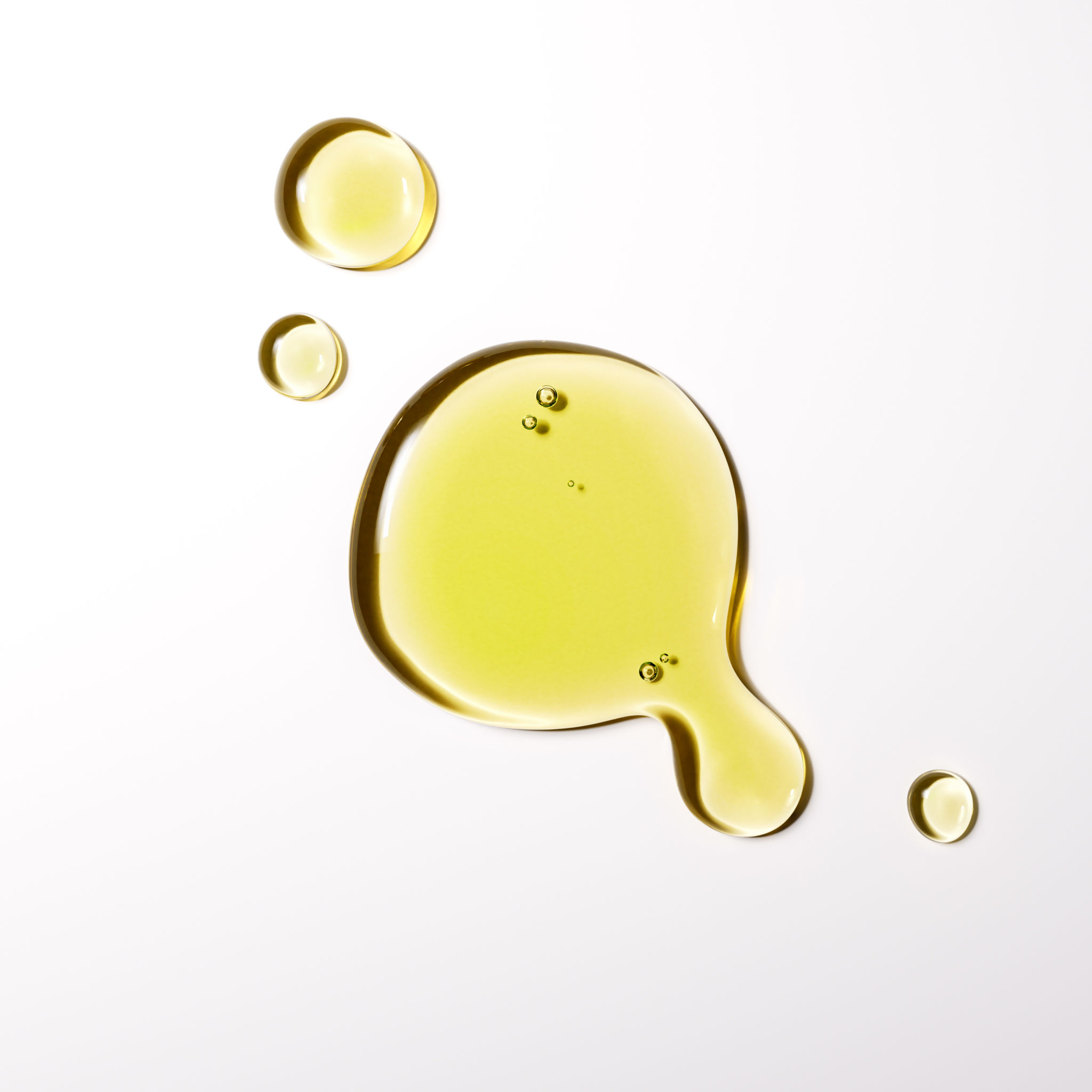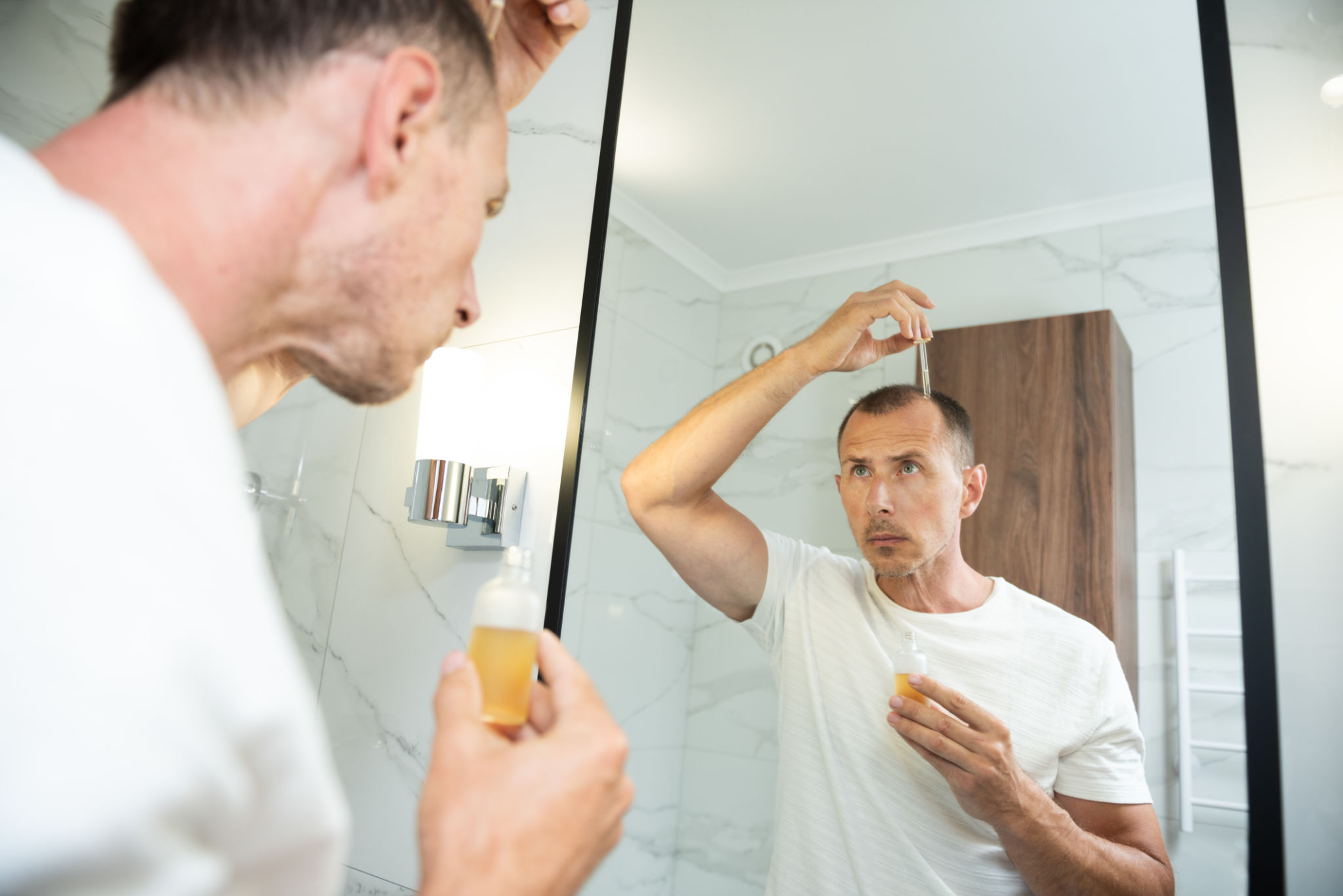Debunking Myths: The Truth About Essential Oils and Their Uses
Understanding Essential Oils
Essential oils have become increasingly popular in recent years, often touted for their therapeutic properties and natural benefits. However, along with their rise in popularity, several myths have also emerged. In this post, we aim to debunk some of the most common misconceptions and provide a clear understanding of what essential oils can and cannot do.

Myth 1: Essential Oils Are a Cure-All
One of the most pervasive myths about essential oils is that they can cure any ailment. While essential oils can support wellness and enhance mood, they are not a substitute for medical treatment. It's important to remember that they should be used as complementary therapy rather than a primary treatment.
For instance, while lavender oil is known for its calming properties and can help reduce stress, it won’t replace the need for professional mental health treatment if required. Always consult a healthcare professional before using essential oils for serious health conditions.
Myth 2: All Essential Oils Are Safe to Ingest
Another common misconception is that all essential oils are safe to consume. In reality, not all essential oils are safe for ingestion. Some oils can be toxic if swallowed, even in small amounts. It's crucial to use them as directed, usually through inhalation or topical application.

If you wish to ingest essential oils, ensure they are labeled as food-grade and consult an expert in aromatherapy or a healthcare provider to avoid adverse effects.
Myth 3: Pure Essential Oils Don't Cause Allergic Reactions
Many people believe that because essential oils are natural, they cannot cause allergic reactions. However, this is not true. Essential oils can cause skin irritation or allergic reactions in some individuals, especially if used undiluted or improperly.
To minimize the risk of adverse reactions, always perform a patch test before applying any new essential oil to your skin. Diluting essential oils with a carrier oil can also help reduce potential irritation.

Myth 4: More Is Better
There's a misconception that using more essential oil will yield better results. In reality, essential oils are highly concentrated and potent. Using too much can lead to adverse effects like headaches, dizziness, or nausea.
It's always best to follow recommended guidelines and use only the amount necessary. Less is often more when it comes to these powerful oils.
Responsible Use of Essential Oils
To experience the benefits of essential oils safely, it’s important to use them responsibly. This includes:
- Using a diffuser for inhalation rather than direct inhalation from the bottle.
- Storing them out of reach of children and pets.
- Avoiding direct sunlight exposure after applying certain citrus oils.
By debunking these myths and understanding the proper use of essential oils, you can enjoy their benefits while minimizing risks. Always prioritize safety and professional guidance when incorporating essential oils into your wellness routine.
